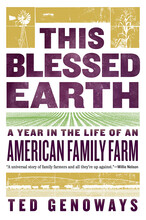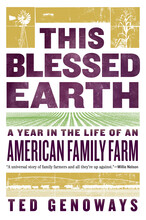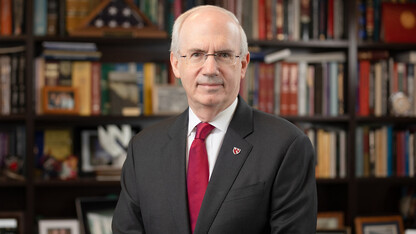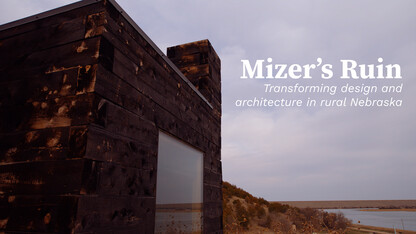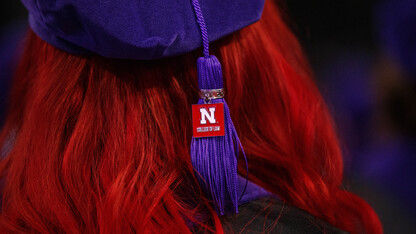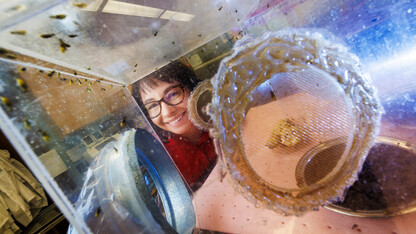· 3 min read
Genoway’s ‘This Blessed Earth’ wins Stubbendieck book prize
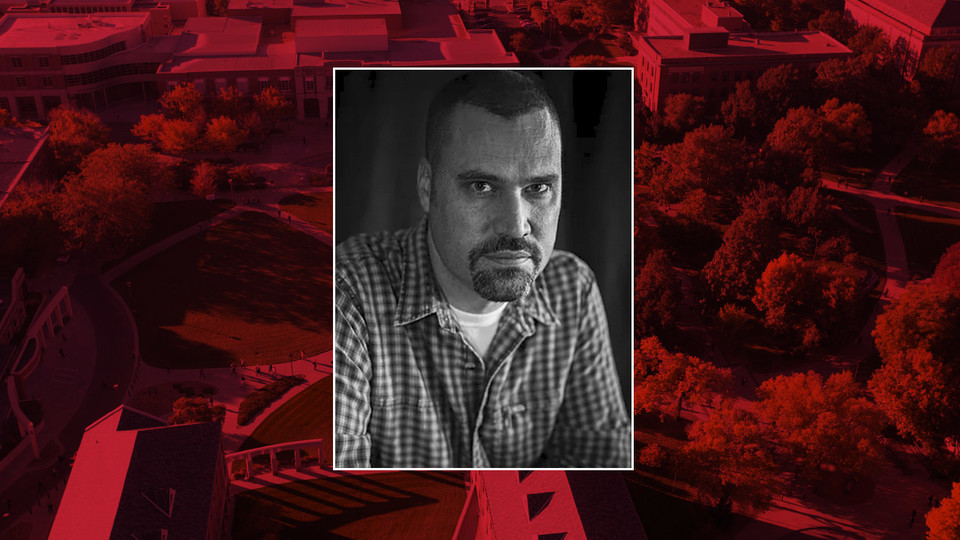
The story of the American family farm is a high-stakes one. An entire way of life is under pressure from corporations, pipelines, water rights, climate change and shifting markets. Farmers in the Great Plains must make decisions under this pressure with their thoughts on the land and their families.
The winner of the 2018 Stubbendieck Great Plains Distinguished Book Prize is author Ted Genoways, for his chronicling of the Hammond family farm from harvest to harvest in “This Blessed Earth: A Year in the Life of an American Family Farm.”
Genoways tells the family story while also educating the reader on the origin of hybrid corn, the evolution (and recycling) of tractors and the coming of center-pivot irrigation to the Great Plains, said book prize committee chair David Loope, professor and Schultz Chair in Stratigraphy at the University of Nebraska–Lincoln.
“Farming is a risky business: weather and markets are always in flux; expensive equipment can at any time blow at any seam. Farmers make high-stakes decisions at a near-dizzying rate: what, where and how to plant; when to harvest; when to sell; who to hire, and who to let go,” Loope said. “We all would benefit if taxpayers and voters — especially those far removed from York County, Nebraska — read this insightful, well-crafted book.”
Genoways is a contributing editor at Mother Jones, The New Republic and Pacific Standard. His last book, “The Chain: Farm, Factory and the Fate of Our Food,” was a finalist for the James Beard Foundation Award for Writing and Literature. His other honors include a National Press Club Award, an Association of Food Journalists Award, the James Aronson Award for Social Justice Journalism and a fellowship from the Guggenheim Foundation. He lives outside Lincoln with photographer Mary Anne Andrei and their teenage son.
“I’m a fourth-generation Nebraskan, raising a fifth here in Lincoln, so I know firsthand that lots of people on the coasts don’t think of Nebraska as a terribly literary place, if they think of it at all,” Genoways said. “As such, I only had a few guideposts to navigate by when I was an aspiring writer in high school and college — authors and poets like Willa Cather, Wright Morris, Ted Kooser and Bill Kloefkorn, and institutions like Prairie Schooner, the Nebraska Book Arts Center and the Center for Great Plains Studies. It feels truly amazing to be recognized in this way by one of the institutions that first taught me that Nebraska history and literature are national history and literature.”
The Stubbendieck book prize celebrates the most outstanding work about the Great Plains during the past year. Along with a $10,000 cash prize, winners are invited to the university to present a lecture on the book’s topic. First-edition, full-length, nonfiction books copyrighted in 2017 were eligible for the award. Nominations were made by publishers or authors.
For more information about the award or the Center for Great Plains Studies, click here.
